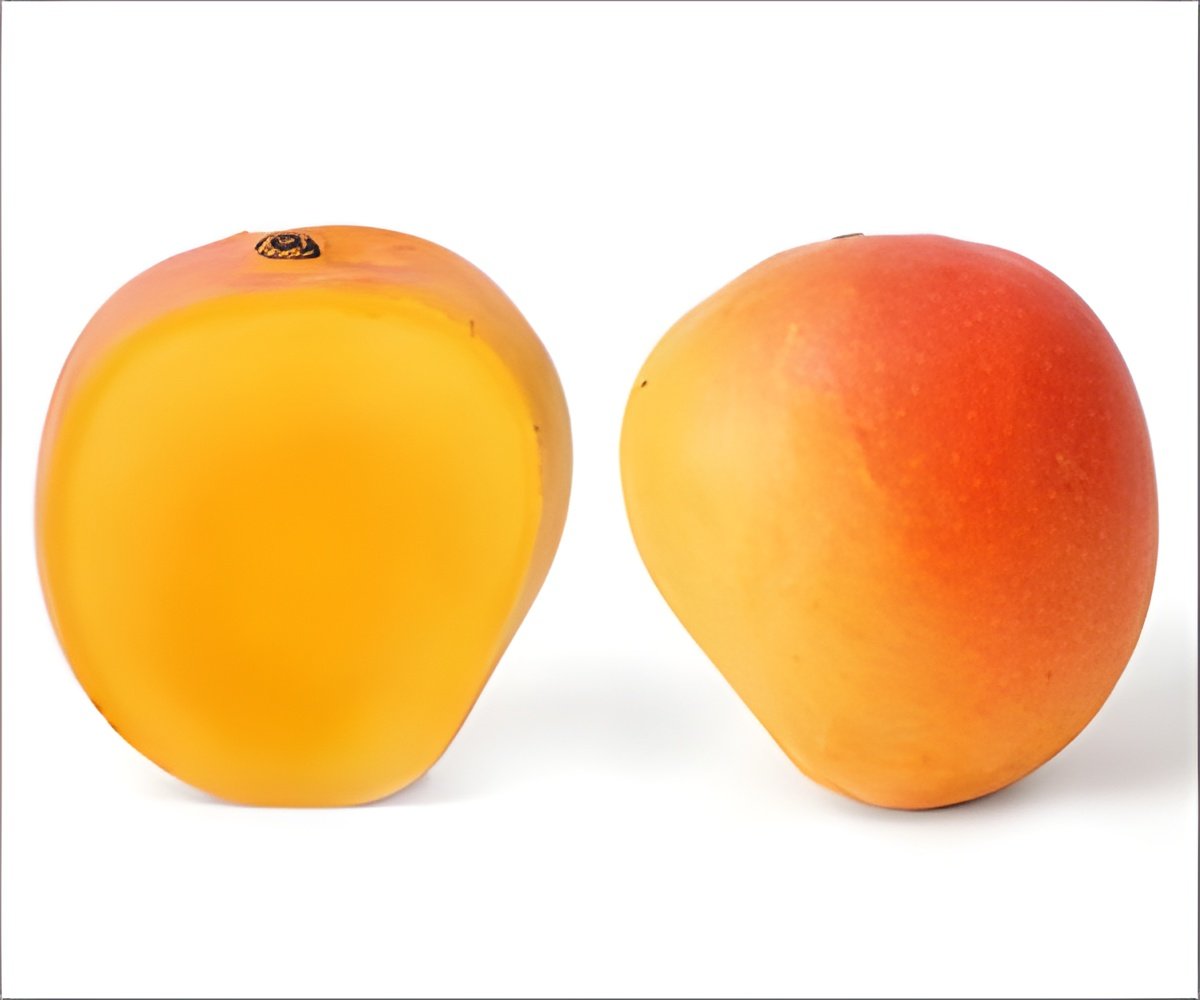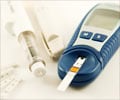Consumption of mangoes has a positive effect on blood sugar levels and helps lower the risk of cancer, finds research.

Twenty adults (11 males and 9 females) participated in the study, which included daily dietary supplementation with 10 grams of freeze dried mango (equivalent to approximately 100 grams of fresh mango, according to Dr. Lucas) for 12 weeks.
Blood sugar levels at the conclusion of the study were significantly lower than the baseline in both male and female subjects. There were no significant changes in body composition for either gender, and BMI increased significantly in female subjects but not male subjects compared to baseline.
These findings are the result of a single study and more research is needed on the effects of mango consumption on human health.
"The results of this study support what we learned in our recent animal model, which found that mango improved blood glucose in mice fed a high fat diet," said Dr. Lucas.
"Although the mechanism by which mango exerts its effects warrants further investigation, we do know that mangeos contain a complex mixture of polyphenolic compounds. Research has shown that several other plants and their polyphenolic compounds, such as isoflavone from soy, epigallocatechin gallate from green tea , and proanthocyanidin from grape seed , have a positive effect on adipose tissue," the researcher stated.
This study suggested that mango polyphenols might limit inflammatory response in both cancerous and non-cancerous breast cells.
The research was presented this week at the Federation of American Societies for Experimental Biology (FASEB) in Boston.
Source-ANI
 MEDINDIA
MEDINDIA




 Email
Email










